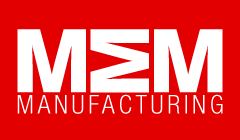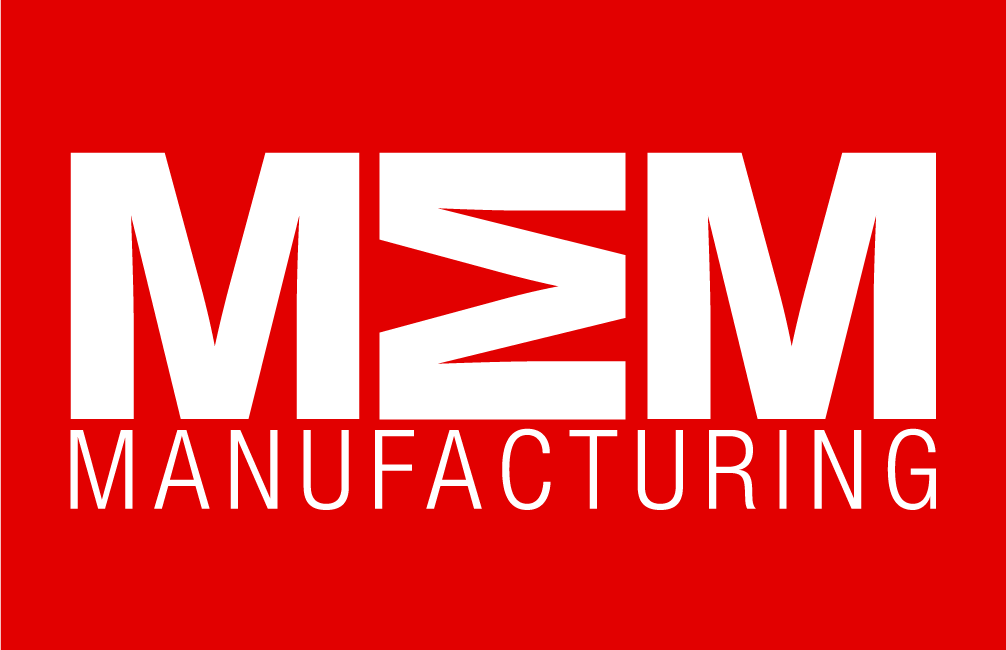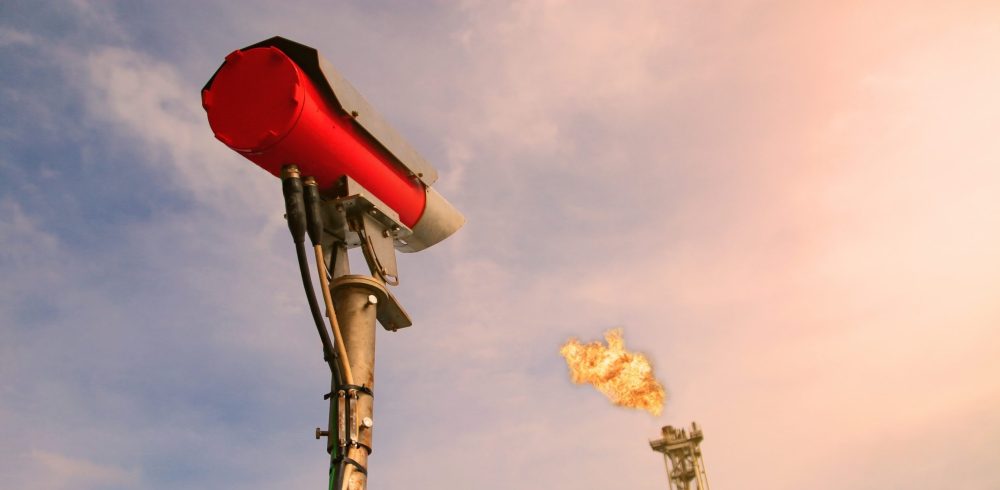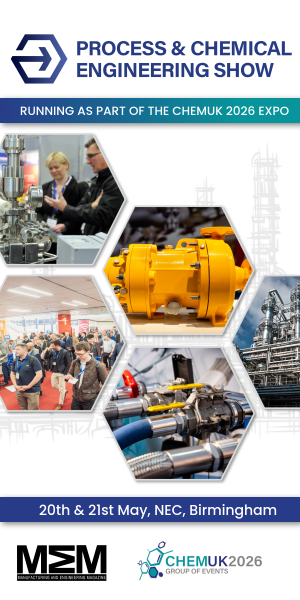Optical filter specialist Umicore Coating Services (Umicore) has renewed its calls for an urgent focus on improving gas leak detection in the energy sector following shocking findings that human activity is now responsible for two-thirds of all recorded methane emissions.
The Global Methane Budget 2024, published by the Global Carbon Project, revealed that methane levels are rising faster than ever despite international commitments to limit emissions and warned that current trends are incompatible with climate goals.
The study showed emissions have increased by 20% over the last two decades with a particularly rapid rise witnessed in the last five years. Atmospheric concentrations have now reached 1,931 parts per billion – 2.6 times higher than pre-Industrial times – potentially putting the world on track for a temperature increase of 3°C by 2100.
Although agriculture remains the largest source of human-caused emissions at 40%, the fossil fuel industry is not far behind, contributing 34% of all anthropogenic emissions with increases driven by the intensifying exploitation of oil and gas in certain regions.
The report authors noted that there are particular opportunities for the energy sector to help address this problem by investing in leak detection and repair and recovering vented gas.
“The trends highlighted in the Global Methane Budget are deeply concerning,” said Mark Naples, Managing Director at Umicore Coating Services. “This report is a stark reminder of the urgent situation the oil and gas industry faces in terms of its climate legacy. Despite the promising pledges that have been made in recent years, it’s clear how far we still need to go to keep emissions at a level that is compatible with the Paris Agreement’s target of limiting global temperature rises to 1.5°C.
“With methane concentrations rising faster relative to any other major greenhouse gas, the energy sector is running out of time to act. Doubling down on reducing flaring and venting activity, and on addressing leaks in oil and gas infrastructure, will be essential if operators are to play their part in reducing emissions and building a cleaner, safer world.”
Methane is the second largest contributor to global warming after carbon dioxide (CO2) but is more potent tonne for tonne in terms of its environmental impact. Methane’s global warming potential over two decades is more than 80 times greater than CO2 as it traps more heat in the atmosphere.
However, its short atmospheric lifespan also means that action on methane today would have near-immediate results.
Naples added: “Without a way to take methane directly out of the atmosphere, oil and gas operators need technology that can support them in reducing emissions at their source. Thankfully, these innovations are widely available today – and what’s more, they can often be implemented at low or no cost to businesses.
“Infrared gas detectors, supported by Umicore’s precision infrared filter technology, can play an instrumental role in helping the energy sector fill in the gaps on methane emissions, identifying where leaks are occurring to enable robust maintenance strategies. Investing in this technology will support businesses in levelling up their knowledge about methane, building a more accurate profile that will serve as a firm foundation for much-needed environmental action.”
To learn more about Umicore and its precision infrared filter and coating technology, visit Umicore | Electro-Optic Materials
Manufacturing & Engineering Magazine | The Home of Manufacturing Industry News
















